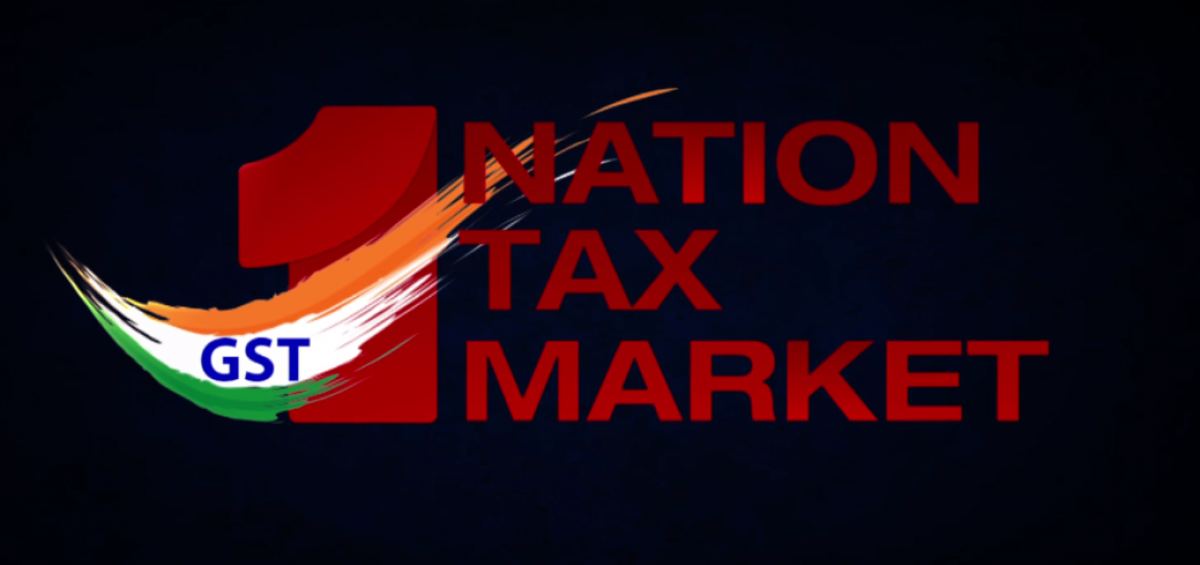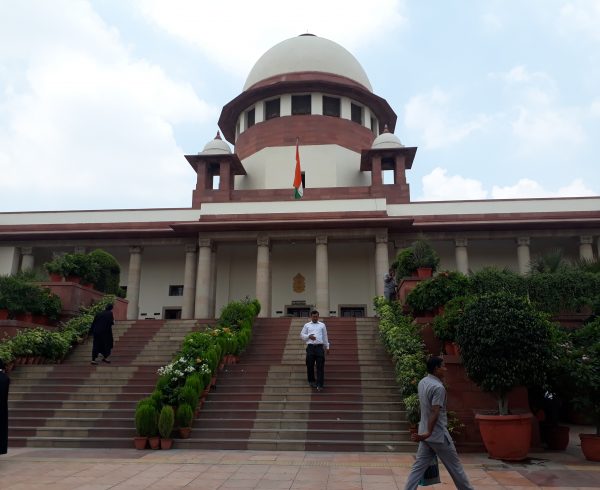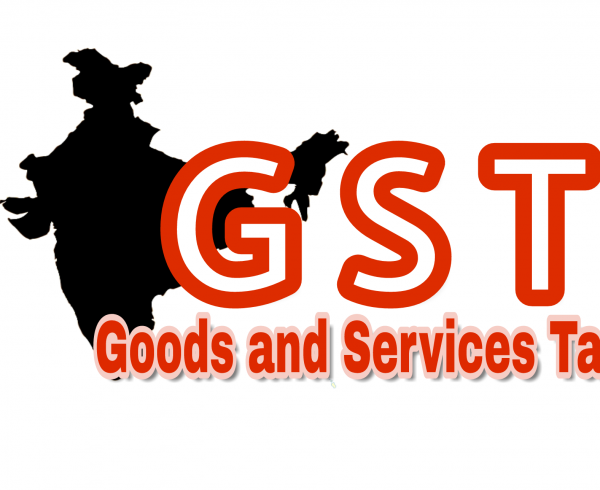|
GST updates |
|
|
|
|
|
Date: |
2 March 2020 |
|
Issues: |
Recovery of export
benefits on reimport of exported goods.
Validity of GST
demands / orders during bankruptcy moratorium. |
Recovery of export
benefits on reimport of exported goods.
As per paragraph 3.24 of
the Hand Book of Procedures 2015-2020, in case of reimport of exported goods,
where MEIS incentive was claimed, the importer is required to an Application for
No Incentive Certificate (Form ANF 3E).
Under
Public Notice no. 7/2020, dated 18 February 2020, the
Customs authorities have now made it incumbent upon the import to produce a No
Incentive Certificate at the time of such reimport.
Additionally, past cases
of reimport would be reviewed and recovery proceedings would be initiated.
As per paragraph 3.24, in
case MEIS incentive has been claimed, the assessee is required to refund the
proportionate amount of claim along with refund.
In cases where the MEIS
scrip is unused or MEIS application has been filed or not filed, the Regional
Authority would issue the No Incentive Certificate and give instructions to
block relevant shipping bills.
Validity of GST demands /
orders during bankruptcy moratorium.
National Plywood
Industries Limited vs. Union of India and Anr., Commissioner Central Goods and
Service Tax Dibrugarh [2020 (2) TMI 1185 – Gauhati High Court].
The National Company Law
Tribunal has declared a moratorium under Section 14 of The Insolvency and
Bankruptcy Code, 2016 against the assessee in respect of execution of any
judgment and decree or order of any court of law, tribunal, arbitration panel or
other authority through an order, dated 26 August 2019.
Commissioner, CGST has
issued an order for demand of tax and penalty, dated 15 November 2019.
The assessee has filed a
writ against such order of the Commissioner, CGST.
The Bench has observed
that the dominant provision of Section 14 being institution of suits or
continuation of pending suits or proceedings, it is not necessary that only the
execution of judgment and decree or order of any court of law, tribunal,
arbitration panel or other authority, is prohibited under Section 14. The other
provision as regards the continuation of pending proceedings would also have to
be prohibited.
Accordingly, the
Commissioner’s order was set aside, and the matter remanded back for a fresh
consideration by examining the aspect as to whether the order of moratorium of
the National Company Law Tribunal also covers the proceeding pending before the
GST authorities.
GSTIN declaration on Bill
of Entry.
Declaration of GSTIN
shall be mandatory in import documents for the importers who are registered as
GST taxpayers [Public Notice no. 6/2020, dated 18 January 2020].
Eligibility to claim
refund in case of merger.
Manipal Health
Enterprises Private Limited vs. The Commissioner of Central Tax, Bengaluru East
[2020 (2) TMI 1256 – CESTAT Bangalore].
Two entities, MHEPL and
MHSPL, proposed to enter into a Scheme of Arrangement / merger. On 13 October
2014 Board of both entities approve the scheme and petitions filed with the
Karnataka High Court. The Court approved the Scheme of Arrangement.
The appellant, MHEPL,
filed an application for refund of Service tax on 16 November 2016, on the
ground that pursuant to the order of the Karnataka High Court, the merger /
amalgamation has become operative from 1 April 2014 and the demerged undertaking
of MHSPL and MHEPL (resulting company) constitute a single entity.
The original authority
upon examining the facts of the case has approved the refund claim. Aggrieved by
the order-in-original the Department filed appeal before the Commissioner and
the Commissioner has set aside the order of the original authority.
The assessee has filed an
appeal against the order of the Commissioner.
The Bench held that the
Scheme of Arrangement clearly shows that all the present assets of the demerged
undertaking (MHSPL) on or after the appointed date shall be the assets of the
resultant company (MHEPL). The treatment of the taxes, levies, cess etc., paid
by the demerged company with regard to the demerged undertaking should, after
appointed date but prior to the effective date i.e., 11 March 2016 be treated as
the tax paid by the resultant company / petitioner.
It is the date of
amalgamation as presented in the scheme which should be taken as the transfer
date as the Court’s approval may be given later.
The business carried out
by the earlier entity shall be deemed to have been carried on by the resultant
entity.
Relying on the judgment
of the Supreme Court in the case of Marshall Sons & Co. (India) Limited, the
Bench set aside the order and allowed the appeal.







Leave a Comment